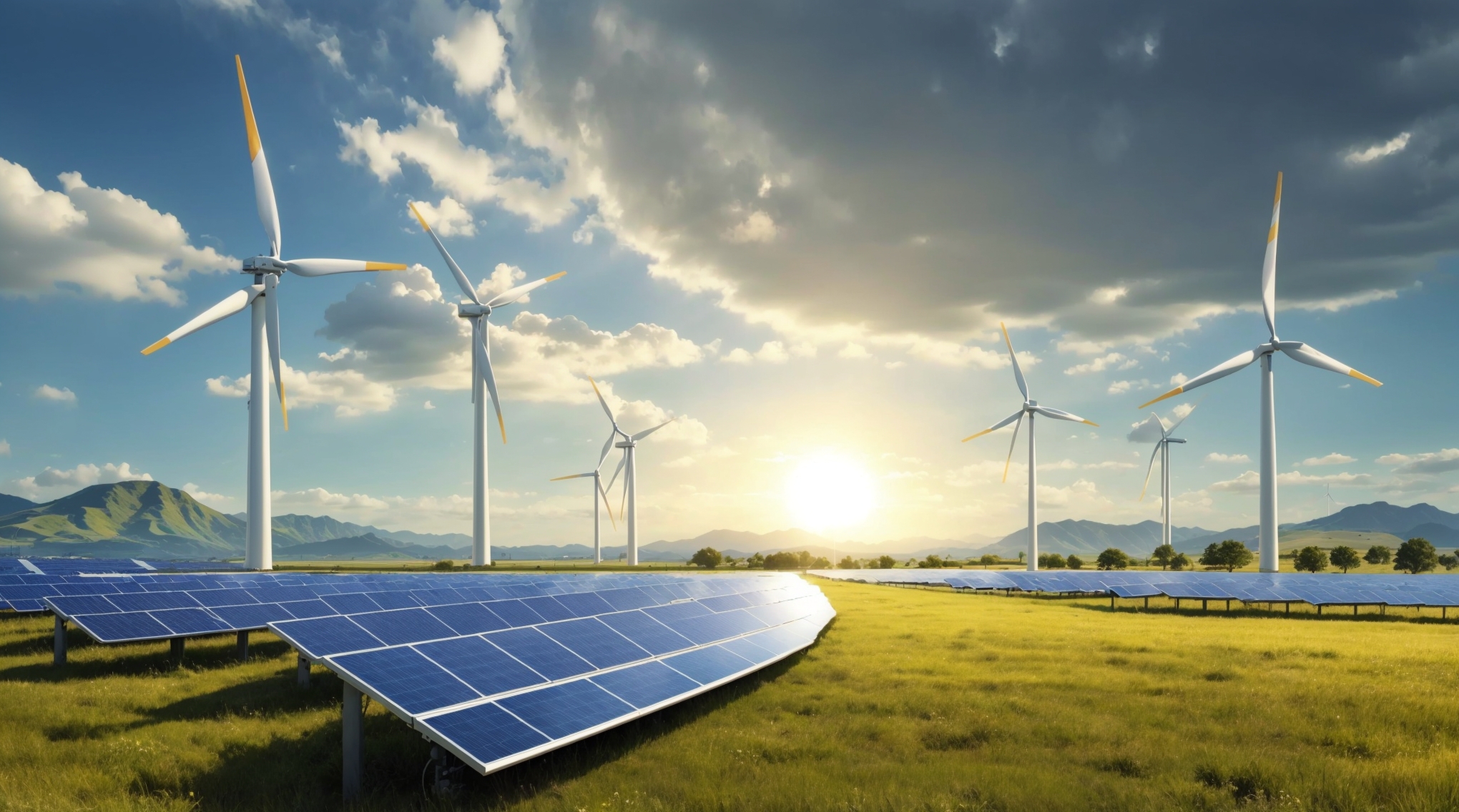In the midst of the fossil fuel crisis, renewable energy generation in 2022 was responsible for saving 520 billion dollars
In a report released today, August 29, by the International Renewable Energy Agency (IRENA), the world was given further proof of what civil society has been announcing for years: renewable energy is the way to reduce spending on electricity generation and mitigate the effects of the climate emergency.
The IRENA document is called “Renewable energy generation costs in 2022”. It provided data proving that approximately 86% of all newly commissioned renewable capacity for the year – around 187 gigawatts – had lower costs than electricity produced by fossil fuels. The report revealed that the global energy sector has saved 520 billion dollars in fuel costs thanks to renewable energy.
The world is going through a crisis related to non-renewable fuels. Countries are witnessing constant increases in spending on obtaining these resources and on the materials needed to work with the entire fossil fuel chain. Without the adoption of renewable energy generation, many nations would experience serious financial crises trying to overcome the impacts of high prices.
Francesco La Camera, Director General of IRENA, believes that 2022 represents a turning point in the implementation of renewable energies. According to him, they have never been as competitive in the market as they are now. In an analysis of the weighted average cost of electricity, the report shows that utility-scale solar energy fell by 3% and concentrated solar by 2%. Onshore wind, bioenergy and geothermal energy also fell by 5%, 13% and 22% respectively.
Renewable energy generation costs in 2022 show that the era of fossil fuels is over. The world already has more advanced technologies for producing electricity. With renewable sources, energy bills are falling and negative impacts on the world are being reduced.












